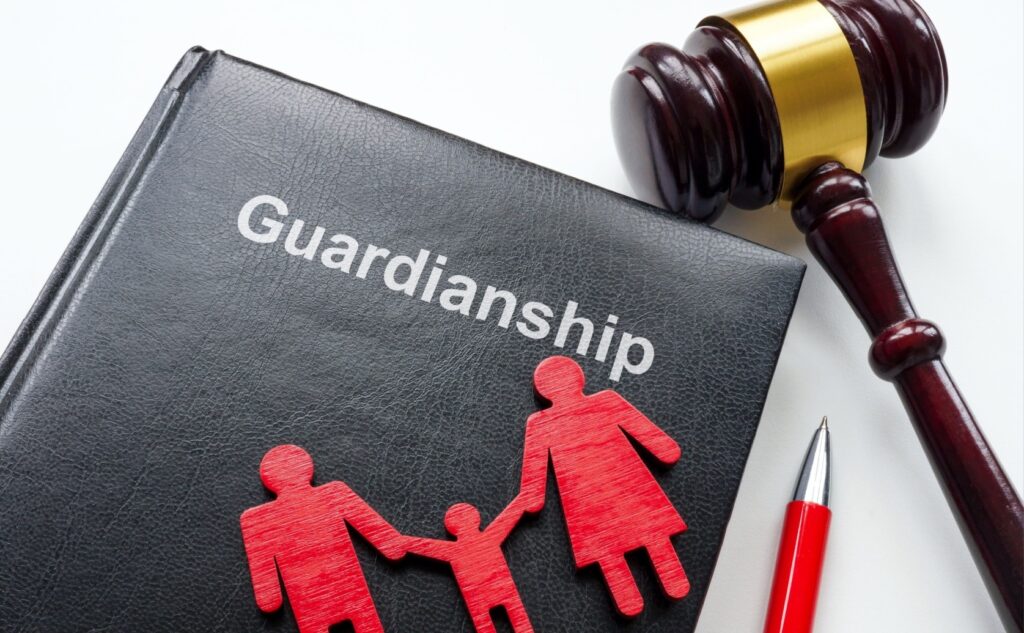Key Considerations in Guardianship Cases
When navigating guardianship cases, it's crucial to understand the various factors that influence court decisions. These considerations include the best interests of the ward, the competency of the proposed guardian, and the ward's personal preferences, if they are able to express them. Courts prioritize the well-being and safety of the individual requiring guardianship, ensuring that their rights and needs are adequately represented.
For instance, the court may evaluate the proposed guardian's financial stability, emotional readiness, and ability to provide a supportive environment. Additionally, evidence of any past abuse or neglect can significantly impact the court's ruling. Understanding these key considerations can help individuals prepare for the complexities of guardianship proceedings.
Steps to Establishing Guardianship
Establishing guardianship involves several critical steps that must be followed to ensure legal compliance. This process typically begins with filing a petition in the appropriate probate court, detailing the reasons for seeking guardianship and providing evidence supporting the claim. It is essential to gather necessary documentation, such as medical evaluations and personal statements, to strengthen the petition.
After filing, a court hearing will be scheduled, during which interested parties can present their case. The judge will review the evidence, listen to testimonies, and ultimately make a determination based on the best interests of the ward. Understanding these steps can help potential guardians navigate the legal landscape more effectively and increase their chances of a favorable outcome.
Common Challenges in Guardianship Proceedings
Guardianship proceedings can present various challenges that individuals may not anticipate. Disputes among family members regarding who should serve as guardian often arise, leading to contested hearings. Additionally, the emotional toll of these proceedings can be significant, as they involve sensitive family dynamics and concerns for the ward's well-being.
Moreover, guardianship laws can vary significantly by state, making it essential for individuals to be aware of local regulations and requirements. Engaging with a knowledgeable attorney can help navigate these challenges and ensure that all parties are treated fairly throughout the process.
The Role of a Guardian: Responsibilities and Duties
The role of a guardian encompasses a wide range of responsibilities aimed at protecting the ward’s interests. Guardians are tasked with making important decisions regarding the ward's healthcare, living arrangements, and financial management. This role requires a significant commitment, as guardians must act in the best interests of the ward and ensure their needs are met on a daily basis.
For example, guardians may need to coordinate medical appointments, manage the ward's finances, and ensure that they are receiving appropriate care. Understanding these responsibilities is vital for anyone considering the role of a guardian, as it involves both legal obligations and emotional support for the individual under guardianship.

